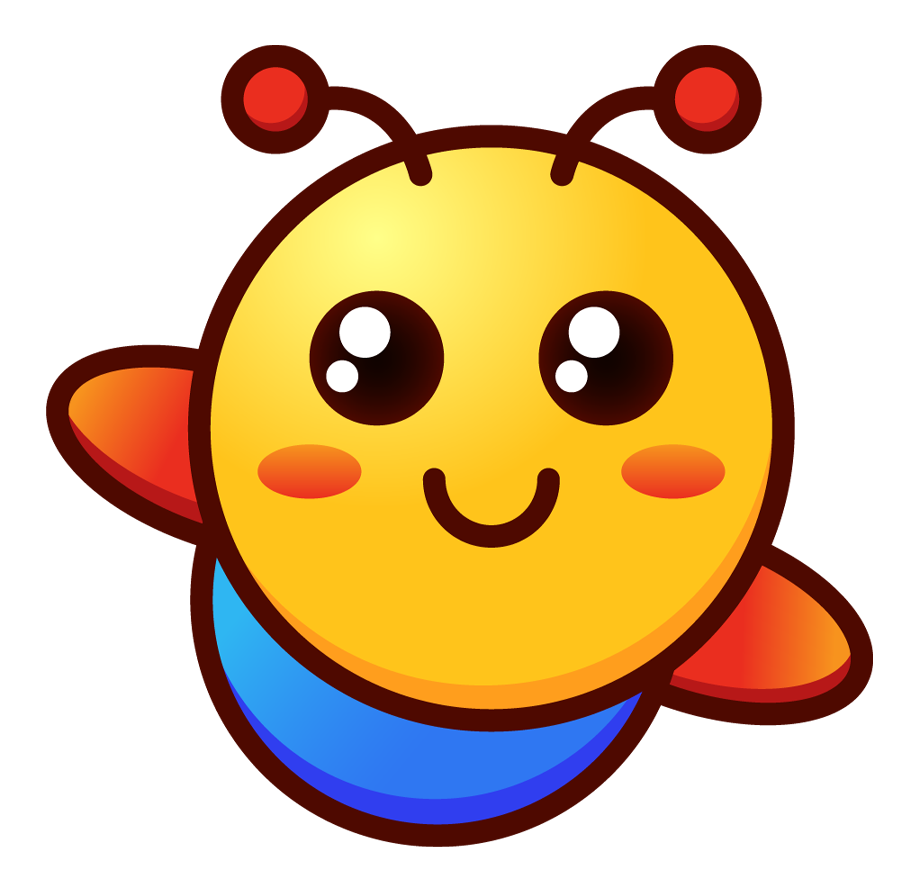Why the Letter ‘I’ Matters in Early Literacy

The letter ‘I’ plays a crucial role in the development of early literacy skills among preschoolers. Understanding the concept of vowels is vital, as they are essential for decoding words. Vowels like ‘I’ not only help young learners recognize sounds but also allow them to create meaningful connections to words they encounter in their everyday lives.
Research indicates that vowels represent a substantial portion of the words used in the English language, with ‘I’ appearing in approximately 40% of written words. This significant presence means that preschoolers are likely to encounter it regularly, enhancing their familiarity and recognition of the letter itself. When children learn to appreciate the importance of vowels early on, it sets a solid foundation for their reading and writing skills.
Understanding the Role of Vowels
Vowels serve as the backbone of the English language, forming the nucleus of syllables. Without them, constructing words becomes nearly impossible. For instance, the letter ‘I’ is not just a standalone character; it contributes to meanings in various contexts, such as in the words “sit,” “big,” and “kite.” By engaging with these examples, children can experience the utility of vowels firsthand.
‘I’ in Everyday Language
The letter ‘I’ appears frequently in common words that preschoolers encounter regularly. Exposure to such words aids in reinforcing vocabulary and enhances their phonetic recognition. The utilization of ‘I’ in relatable and familiar terms allows learners to connect their life experiences with their reading practices.
Encouraging Phonemic Awareness and Recognition
Phonemic awareness is essential for developing literacy skills. It enables children to understand that words are composed of individual sounds, or phonemes, which can be manipulated to form new words. For example, if a child learns the sound of the letter ‘I,’ they can begin to decipher words of increasing complexity simply by adjusting other sounds while retaining the ‘I.’ This skill is fundamental in early reading development.
“The foundation of literacy is built upon a solid understanding of letters and sounds.” – Literacy Specialist
Practical Examples and Activities
To creatively teach preschoolers about the letter ‘I,’ educators can incorporate various engaging activities that utilize words starting with this letter. Below is a table highlighting 25 ‘I’ words that can captivate young learners:
| Word |
|---|
| Ice |
| Insect |
| Island |
| Igloo |
| Ink |
| Item |
| Ivy |
| Imagination |
| Inch |
| Ill |
| In |
| Iris |
| Individual |
| Inspire |
| Idea |
| Interesting |
| Inequality |
| Invite |
| Iced |
| Isotope |
| Impact |
| Inevitability |
| Immortal |
| Intelligence |
| Inventory |
| Inspire |
Through play and exploration with these words, preschoolers can experience language in a tactile and fun way. Educators can ask questions like “Can you think of other words that start with the letter ‘I’?” or involve children in interactive games that enhance their ability to identify and use the letter efficiently.
Fostering an understanding of the letter ‘I’ and its significance is an essential endeavor that sparks the joy of reading in young children. Ultimately, mastering the intricacies of vowels—especially ‘I’—contributes profoundly to their literacy journey.
PreschoolChildren, #LetterI, #EngagingVocabulary, #CreativeTeaching, #Teacher’sGuide
Resources:
7ESL – Words That Start With I: Delve into an extensive array of words starting with the letter ‘I’, suitable for enhancing language skills in learners of all ages. Visit: 7ESL – Words That Start With I.
Osmo – I Words for Kids: Explore a comprehensive list of words that start with the letter ‘I’ tailored for kids’ learning. Perfect for parents and teachers looking to expand young vocabularies. Available at: Play Osmo – I Words for Kids.
Good Good Good – Positive Words That Start With I: Discover an inspiring collection of positive words beginning with ‘I’. This resource is ideal for enriching daily vocabulary with optimism. Read more at: Good Good Good – Positive Words That Start With I.
Explore More with Bugpapa
We hope you found this post enlightening and engaging! For more creative ideas, educational tips, and fun activities, be sure to visit our homepage. At Bugpapa, we’re dedicated to sparking curiosity and fostering learning in every child. Dive into a world of possibilities with us — visit our homepage and discover more ways to enrich your family’s learning journey.


Leave a Reply